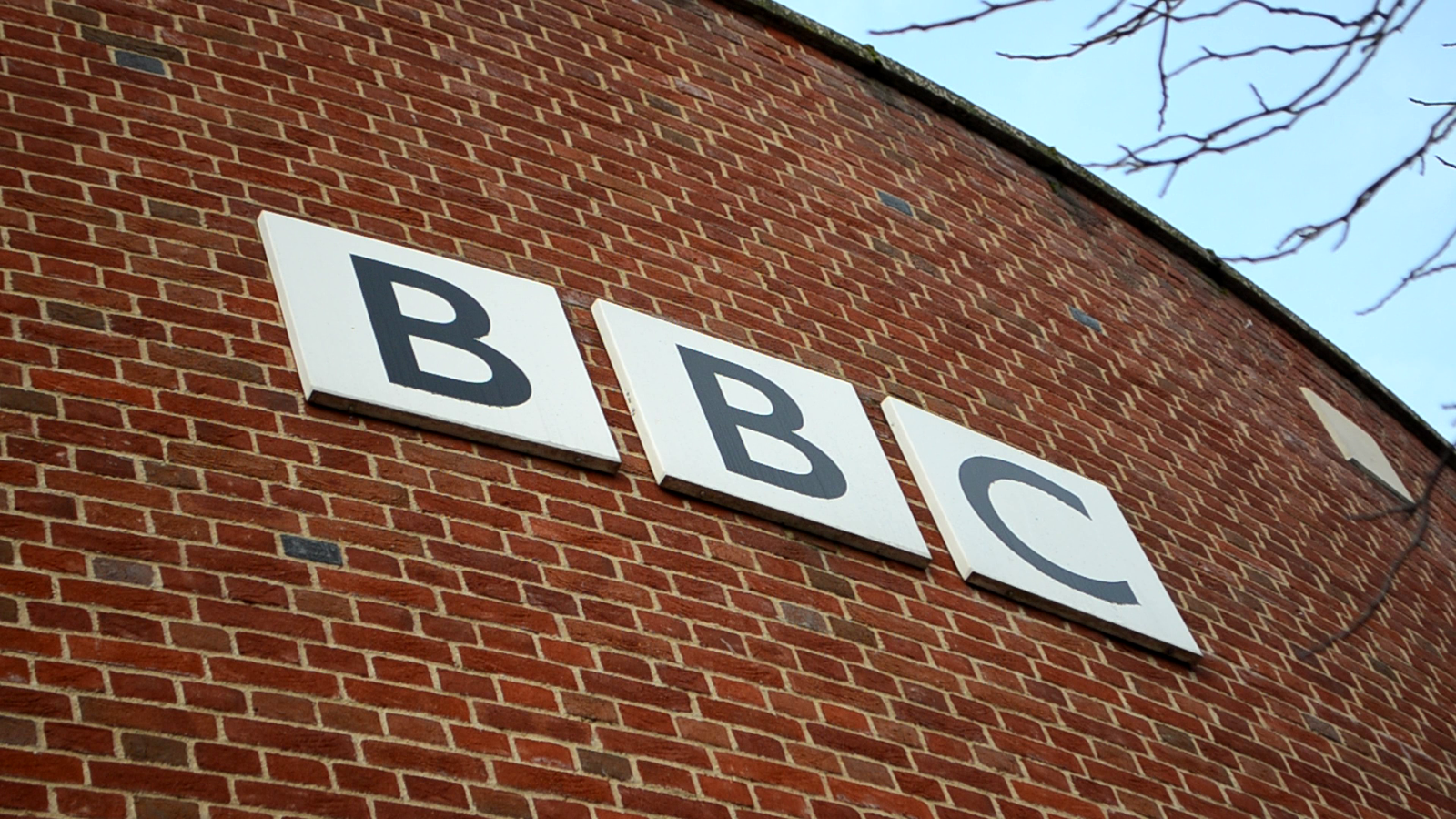BBC Bullsh*t
Adam Durrant argues that the BBC is far from impartial in its reporting
We are, by now, more than familiar with the biases of the BBC in this post-Lineker Britain. As the only media institution that does not have a profit driven motive, we should be able to trust the BBC’s reporting above everything else, yet it is becoming increasingly dangerous to life, liberty and our future. Here’s why.
I am writing this, in anger, as a response to a News at Ten report last Wednesday. What I saw brought me very nearly to tears, and kept me up that night. As an activist, the battle for public opinion was laid bare and I worry we might lose. There were two reports that caught my attention: the new government proposal to house asylum seekers in former military bases; and the challenges facing tenants to find adequate housing. Both had their own subtle deceptions, clearly designed to sway public opinion.
If you aren’t looking for it, you might never see it, but it is there. Take the first segment of this programme on the Illegal Migration Bill. This was not long after the government had proposed to only meet the ‘essential living needs’ of what they call, ‘people who are displaced and seeking better economic prospects’. It is understandable, though problematic, that this speech in parliament was shown (0:59-1:04). The real problem was, though, that the BBC parroted the government's rhetoric by making migrant and asylum seeker synonymous, with the latter used more than the former. This sleight of hand suppresses the real reason for crossing the channel via small boat: to flee war, persecution, violence, and natural disasters, horrors which are rarely experienced by the majority of the British public. The obligation to respect the human rights of those in desperate need is buried. Rather, the report played into the right-wing rhetoric that those who risk their lives on an incredibly dangerous journey, come here simply in search of a marginally better economic situation, a sentiment that most of the British public do share. The report fosters anger at those who are most vulnerable, reframing them as competition coming of their own free will. This was subtle but effective in stoking the ire that the Tory government desires, make no mistake on that.
In fairness, the BBC did mention the failures of the government to fund adequate routes to seek asylum, but then proceeded to overshadow this lip-service with shocking rhetoric, saying this: ‘It has never been easier for poor people in poor countries or those caught up in war or natural disasters or perhaps in future, the impacts of climate change to see [..] how the richer world lives.’ (6:00-6:14, Chris Mason). And there it is. Battle lines drawn for you to take up: rich against poor, essentially global north against global south, they are coming to take what you have. It is only a little shy of a fascistic call to arms, echoing the themes of the 'great replacement theory' and drawing on a sense of hyper-nationalist arrogance. The BBC’s coverage has shifted the debate away from a system that is failing to uphold human beings’ civil rights, instead fostering hate as the mouthpiece of this government's distraction tactics.
The deception continues with yet another distraction from failing policies: the shocking cover up of the real problems in our housing system. Following an interview from the CEO of Shelter calling for the removal of Section 21, which allows for no fault evictions, to provide the protection tenants need, they interviewed a small-scale landlord who struggled to evict a tenant for not paying rent. First, this is clearly not related to Section 21, as it is not a no fault eviction, yet it was still posed as a counter argument. There was no mention, either, of the large-scale landlords who do leave houses in poor conditions and are one of the fundamental causes of the housing crisis, by the BBC’s own admission in their recent panorama episode. In framing the debate in this way, they have taken the side of the rich and diluted the fight and anger of the tenants. The seriousness of the plight for safe, affordable housing for all is brushed under the carpet. The assets of the wealthy are protected.
It took watching this for me to truly realise, if a little too late, just how bad it has become. In an increasingly divided world in crisis, the dangers of this kind of rhetoric is terrifying. It really is that bad. The British public are, in effect, slowly being fed lies to prevent us from seeking better, from achieving justice, by a media that should be under our democratic control. Last Wednesday’s report is just an example of how the BBC neuter the campaign for any form of social justice by siding with the powerful. The wealthy are humanised, the poor villainised, and this leads to a future which I do not wish to be part of. If this serves as one thing, let it be a wake up call that we need to stand up and fight for what is right wherever we can, because, otherwise, we will lose sight of a safe and livable future for all, worldwide.

